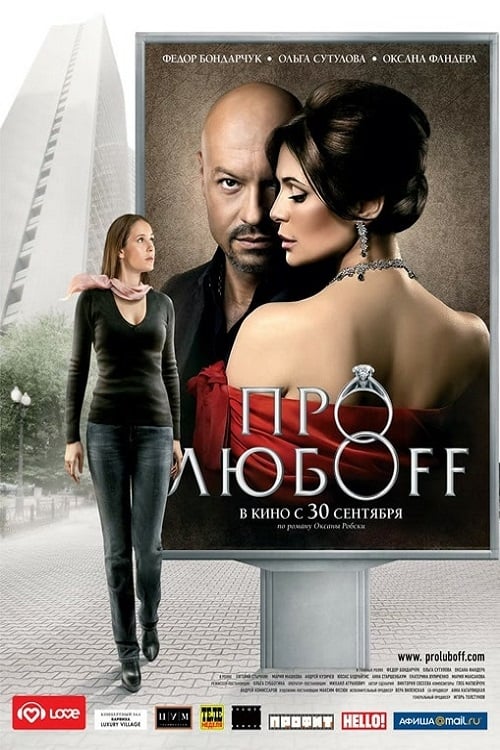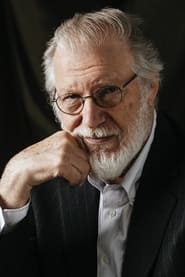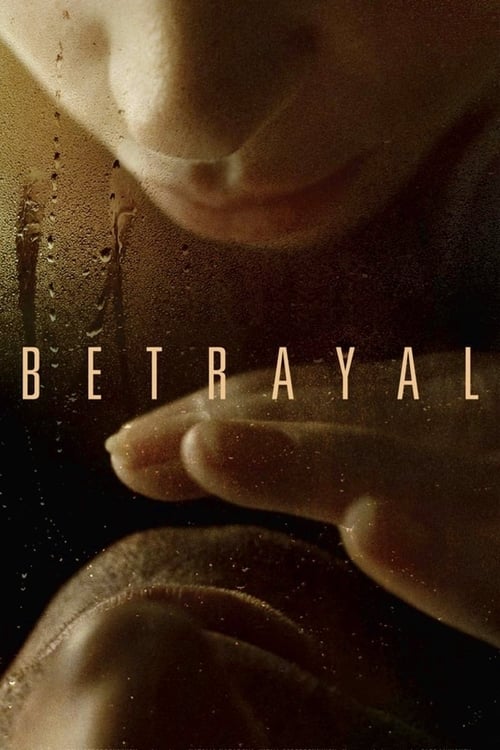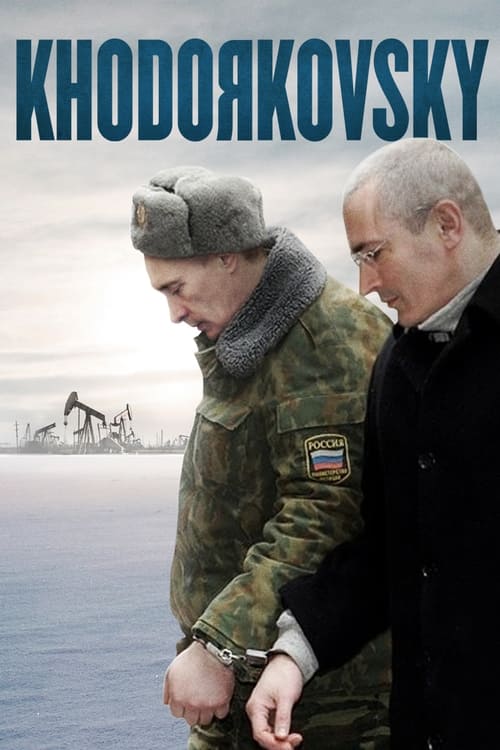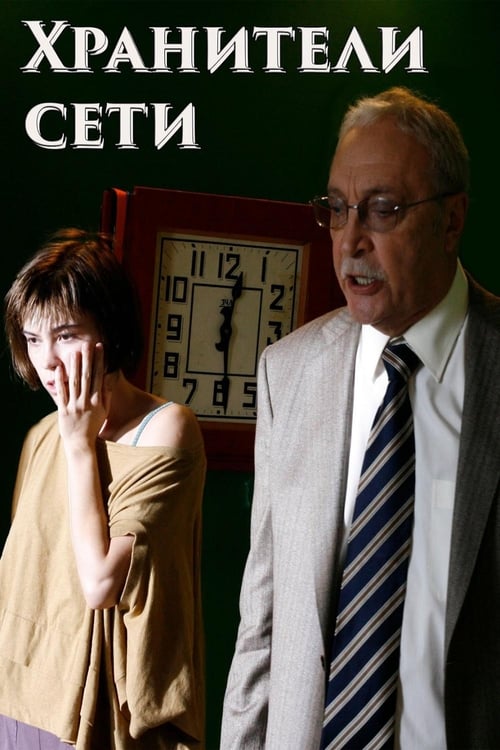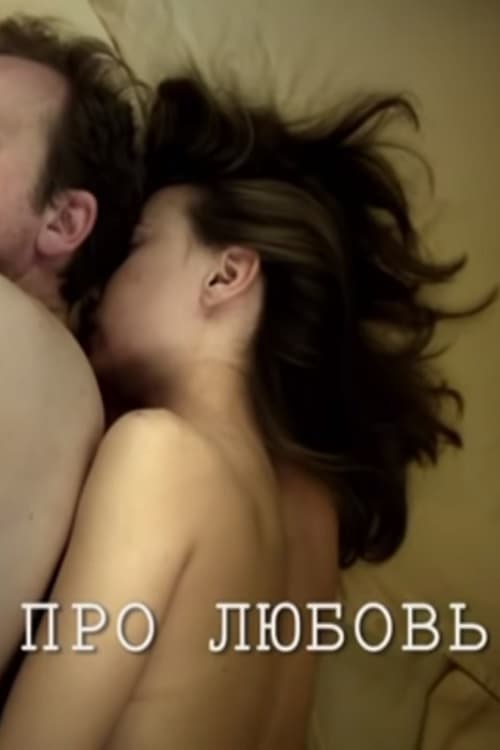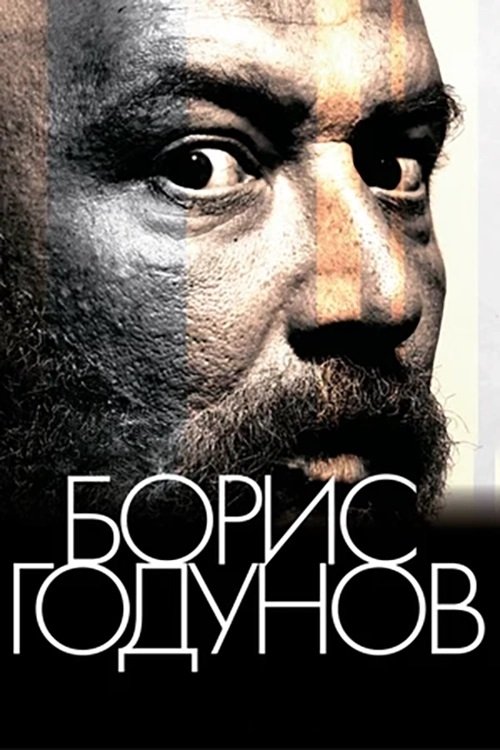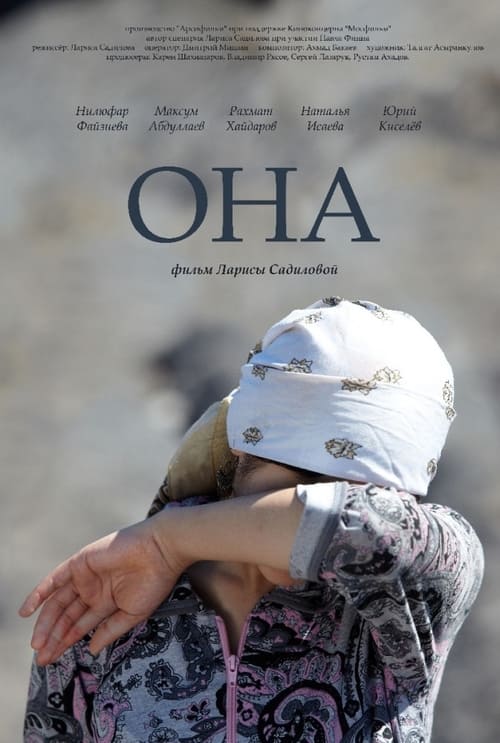
Ask Your Own Question
What is the plot?
What is the ending?
In the ending of "About Loff," the main character, Loff, confronts his past and the choices he has made. He finds a sense of closure and acceptance, leading to a poignant resolution with the people in his life. The film concludes with Loff embracing his future, leaving behind the burdens of his past.
As the final act unfolds, we see Loff standing at a crossroads, both literally and metaphorically. The scene opens with him gazing out at a vast landscape, the sun setting in the distance, casting a warm glow over the horizon. This moment signifies a turning point for Loff, who has been grappling with his identity and the consequences of his actions throughout the film.
In the next scene, Loff visits his childhood home, a place filled with memories that both haunt and comfort him. The camera lingers on the peeling paint and overgrown garden, symbolizing the neglect of his past. As he steps inside, the familiar creaks of the floorboards echo his internal struggle. He walks through the rooms, touching objects that evoke strong emotions--his old toys, family photographs, and the remnants of a life once lived. Each item serves as a reminder of the choices he made and the relationships he strained.
Loff's emotional state is palpable as he confronts the ghosts of his past. He sits on the edge of his old bed, his face a mixture of sorrow and determination. In this moment, he reflects on the people he has hurt, particularly his estranged father and childhood friends. The weight of regret hangs heavy in the air, but there is also a flicker of hope as he resolves to make amends.
The next scene shifts to a confrontation with his father, who has been a distant figure in Loff's life. They meet in a small café, the atmosphere tense and charged with unspoken words. Loff's father, a stern man with a weathered face, initially reacts with anger and disbelief. However, as Loff opens up about his feelings of inadequacy and the pain of their fractured relationship, the walls between them begin to crumble. The dialogue is raw and emotional, filled with pauses that speak volumes. Loff's vulnerability allows his father to see him not just as a son, but as a man seeking forgiveness.
As the conversation progresses, Loff's father reveals his own regrets, sharing stories of his struggles and the burdens he carried. This moment of vulnerability from both men creates a bridge, allowing them to connect on a deeper level. The scene culminates in a heartfelt embrace, symbolizing their reconciliation and the beginning of a new chapter in their relationship.
The film then transitions to Loff reconnecting with his childhood friends. They gather at a familiar hangout spot, a place filled with laughter and memories. The atmosphere is initially awkward, as old tensions resurface. However, Loff takes the initiative to apologize for his past behavior, acknowledging the pain he caused. His friends, initially hesitant, begin to share their own experiences and feelings of hurt. This cathartic exchange leads to laughter, tears, and ultimately, a renewed bond among them.
In the final scene, Loff stands alone once more, this time on a hill overlooking the town. The sun has fully set, and the stars begin to twinkle in the night sky. He takes a deep breath, feeling a sense of peace wash over him. The burdens of his past no longer weigh him down; instead, he feels lighter, ready to embrace the future. The camera pulls back, capturing Loff as a small figure against the vastness of the night, symbolizing his journey toward self-acceptance and hope.
As the credits roll, we see glimpses of Loff's life moving forward--him pursuing his passions, nurturing his relationships, and finding joy in the simple moments. The film closes on a note of optimism, leaving the audience with a sense of closure for Loff and the characters who have been part of his journey.
Is there a post-credit scene?
The movie "About Loff," produced in 2010, does not feature a post-credit scene. The film concludes its narrative without any additional scenes or content after the credits roll. The story wraps up in a way that leaves the audience with a sense of closure regarding the characters and their journeys, making a post-credit scene unnecessary for the overall plot.
What motivates the main character, Loff, throughout the film?
Loff is driven by a deep desire for connection and understanding. Throughout the film, he grapples with feelings of isolation and seeks to forge meaningful relationships with those around him. His internal struggle is highlighted by his interactions with various characters, revealing his vulnerability and longing for acceptance.
How does Loff's relationship with his family influence his actions?
Loff's relationship with his family is strained, particularly with his father, who embodies traditional values that clash with Loff's more progressive outlook. This tension fuels Loff's quest for identity and belonging, as he often reflects on his family's expectations versus his own desires, leading to pivotal moments of conflict and self-discovery.
What role does the setting play in Loff's journey?
The setting, a small town with a close-knit community, serves as both a backdrop and a catalyst for Loff's experiences. The town's familiar yet stifling atmosphere amplifies Loff's feelings of entrapment, while also providing opportunities for encounters that challenge his worldview. Key locations, such as the local diner and the park, become significant spaces for Loff's interactions and revelations.
How does Loff's friendship with his best friend evolve throughout the film?
Loff's friendship with his best friend undergoes significant changes as they navigate the complexities of growing up. Initially, their bond is characterized by shared experiences and mutual support. However, as Loff begins to confront his own identity and aspirations, tensions arise, leading to moments of jealousy and misunderstanding that test the strength of their friendship.
What is the significance of the recurring motif of music in Loff's life?
Music serves as a vital expression of Loff's emotions and inner turmoil. Throughout the film, he uses music as a means of escape and self-reflection, often finding solace in songs that resonate with his struggles. Key scenes feature Loff performing or listening to music, which underscores his journey of self-discovery and the emotional weight of his experiences.
Is this family friendly?
"About Loff," produced in 2010, is a film that explores complex themes and emotional narratives. While it may not be overtly graphic, there are several aspects that could be considered potentially objectionable or upsetting for children or sensitive viewers:
-
Emotional Turmoil: The film delves into deep emotional struggles, including themes of loss, betrayal, and existential questioning, which may be heavy for younger audiences.
-
Family Conflict: There are scenes depicting intense family disagreements and conflicts that could be distressing, particularly for children who may not fully understand the dynamics of adult relationships.
-
Mental Health Themes: The film touches on issues related to mental health, including anxiety and depression, which may be challenging for sensitive viewers to process.
-
Subtle References to Substance Use: There are moments that imply or reference substance use, which may not be suitable for younger viewers.
-
Dramatic Tension: The film contains scenes of high emotional tension that could evoke feelings of anxiety or discomfort.
Overall, while "About Loff" is not explicitly inappropriate, its themes and emotional depth may require parental guidance for younger audiences.

